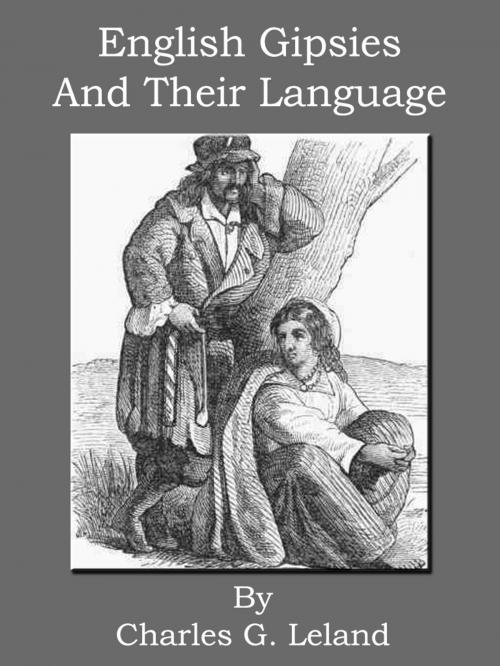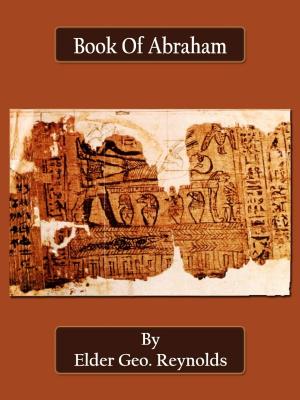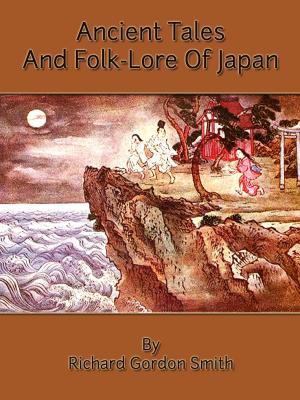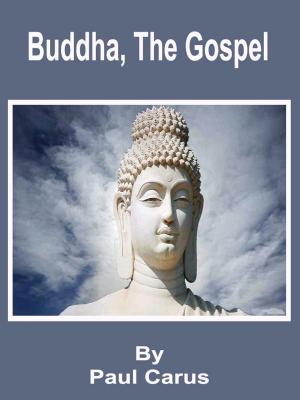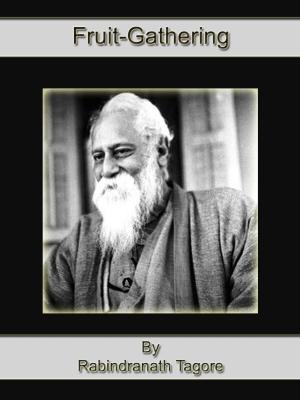English Gipsies And Their Language
Nonfiction, Reference & Language, Foreign Languages, Russian, Study Aids| Author: | Charles G. Leland | ISBN: | 1230001472837 |
| Publisher: | Bhoomi Digital Apps. | Publication: | December 15, 2016 |
| Imprint: | Language: | English |
| Author: | Charles G. Leland |
| ISBN: | 1230001472837 |
| Publisher: | Bhoomi Digital Apps. |
| Publication: | December 15, 2016 |
| Imprint: | |
| Language: | English |
English Gipsies And Their Language
by Charles G. Leland
The Gipsies. Wisdom, Language, Song and History of English Gipsies. The Gipsies of England call their language, as the Gipsies of many other countries call theirs, Romany or Romanes, a word either derived from the Indian Ram or Rama, which signifies a husband, or from the town Rome, which took its name either from the Indian Ram, or from the Gaulic word, Rom, which is nearly tantamount to husband or man, for as the Indian Ram means a husband or man, so does the Gaulic Pom signify that which constitutes a man and enables him to become a husband. Before entering on the subject of the English Gypsy, I may perhaps be expected to say something about the original Gypsy tongue. It is, however, very difficult to say with certainty anything on the subject. There can be no doubt that a veritable Gypsy tongue at one time existed, but that it at present exists there is great doubt indeed. The probability is that the Gypsy at present exists only in dialects more or less like the language originally spoken by the Gypsy or Zingaro race. Several dialects of the Gypsy are to be found which still preserve along with a considerable number of seemingly original words certain curious grammatical forms, quite distinct from those of any other speech. Others are little more than jargons, in which a certain number of Gypsy words are accommodated to the grammatical forms of the languages of particular countries. In the foremost class of the purer Gypsy dialects, I have no hesitation in placing those of Russia, Wallachia, Bulgaria, and Transylvania. They are so alike, that he who speaks one of them can make himself very well understood by those who speak any of the rest; from whence it may reasonably be inferred that none of them can differ much from the original Gypsy speech; so that when speaking of Gypsy language, any one of these may be taken as a standard. One of them - I shall not mention which - I have selected for that purpose, more from fancy than any particular reason.
English Gipsies And Their Language
by Charles G. Leland
The Gipsies. Wisdom, Language, Song and History of English Gipsies. The Gipsies of England call their language, as the Gipsies of many other countries call theirs, Romany or Romanes, a word either derived from the Indian Ram or Rama, which signifies a husband, or from the town Rome, which took its name either from the Indian Ram, or from the Gaulic word, Rom, which is nearly tantamount to husband or man, for as the Indian Ram means a husband or man, so does the Gaulic Pom signify that which constitutes a man and enables him to become a husband. Before entering on the subject of the English Gypsy, I may perhaps be expected to say something about the original Gypsy tongue. It is, however, very difficult to say with certainty anything on the subject. There can be no doubt that a veritable Gypsy tongue at one time existed, but that it at present exists there is great doubt indeed. The probability is that the Gypsy at present exists only in dialects more or less like the language originally spoken by the Gypsy or Zingaro race. Several dialects of the Gypsy are to be found which still preserve along with a considerable number of seemingly original words certain curious grammatical forms, quite distinct from those of any other speech. Others are little more than jargons, in which a certain number of Gypsy words are accommodated to the grammatical forms of the languages of particular countries. In the foremost class of the purer Gypsy dialects, I have no hesitation in placing those of Russia, Wallachia, Bulgaria, and Transylvania. They are so alike, that he who speaks one of them can make himself very well understood by those who speak any of the rest; from whence it may reasonably be inferred that none of them can differ much from the original Gypsy speech; so that when speaking of Gypsy language, any one of these may be taken as a standard. One of them - I shall not mention which - I have selected for that purpose, more from fancy than any particular reason.
